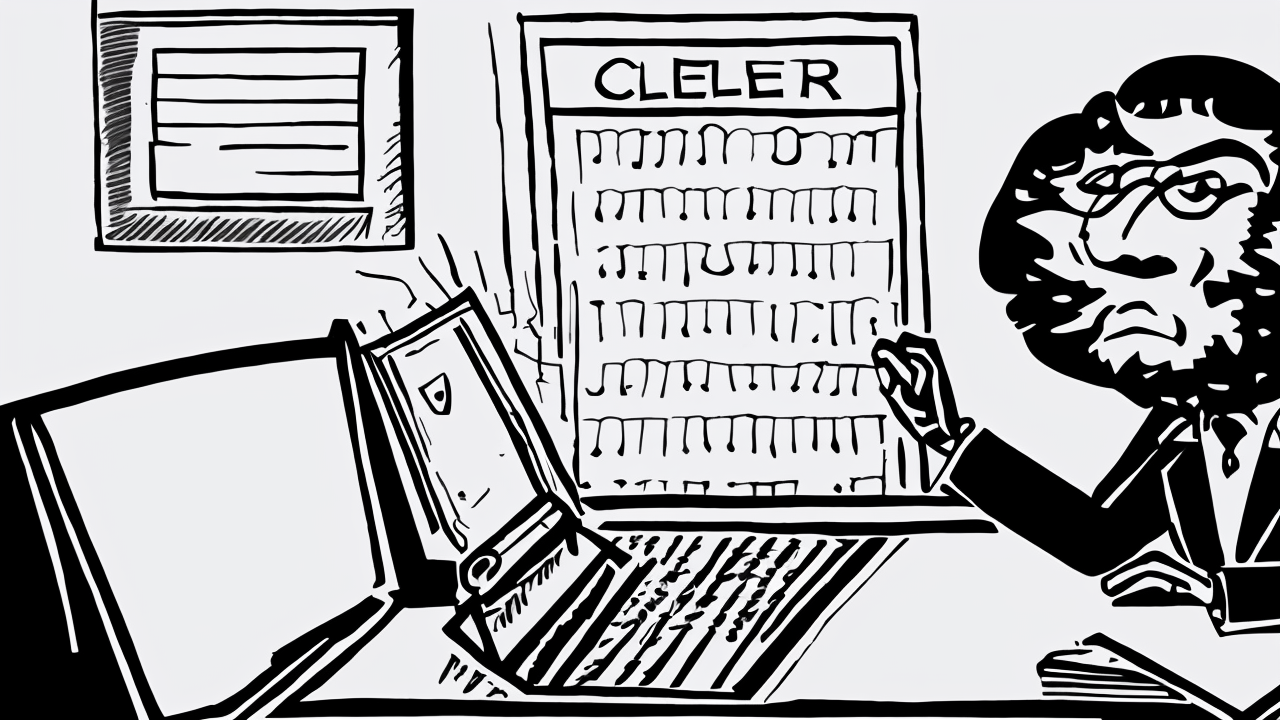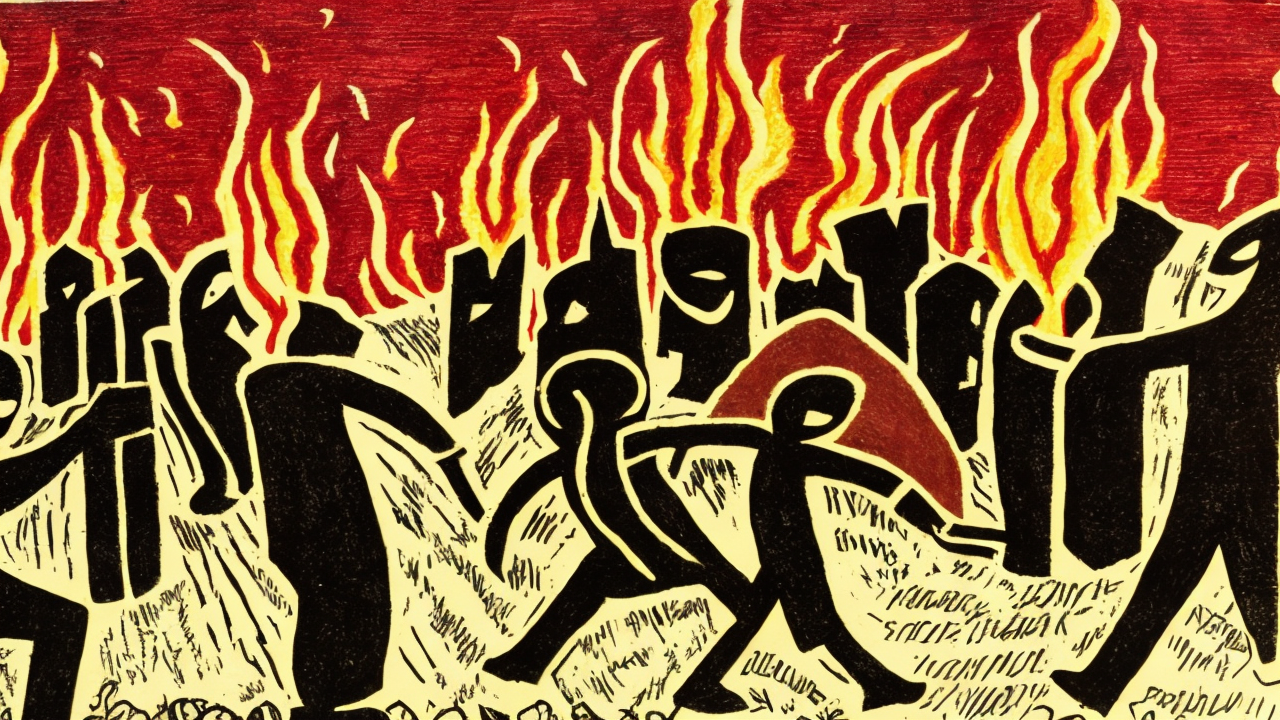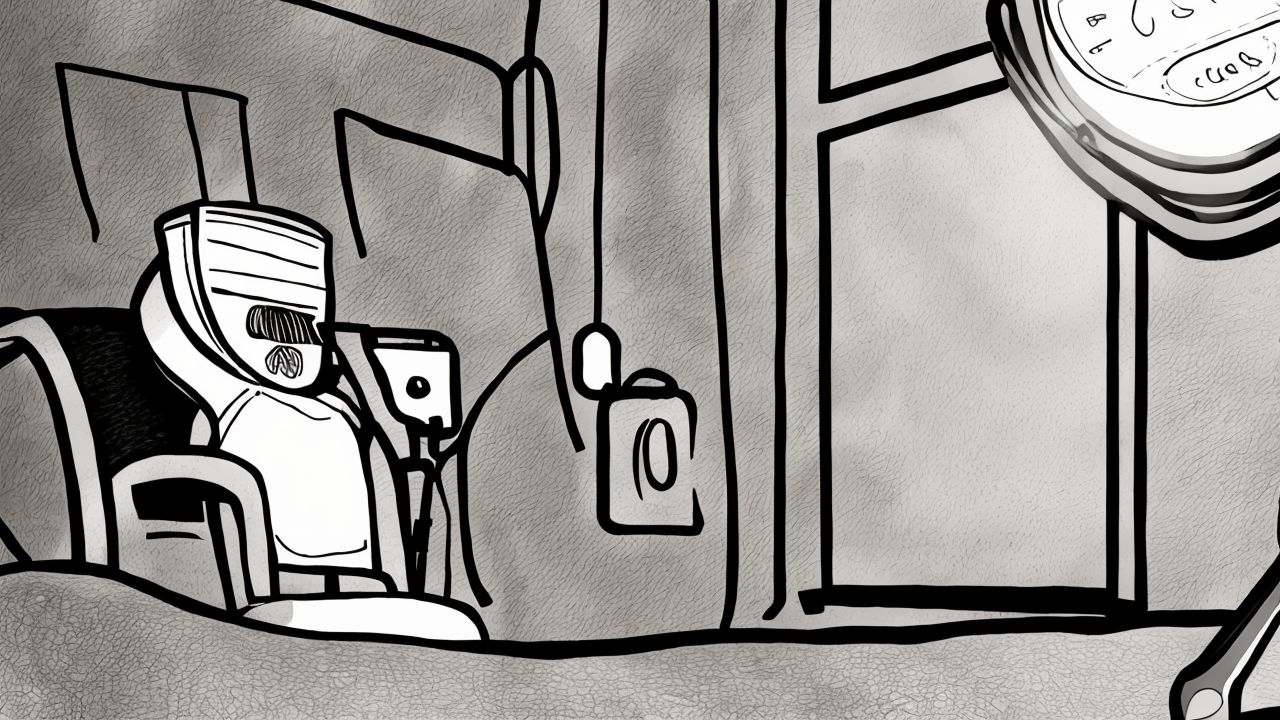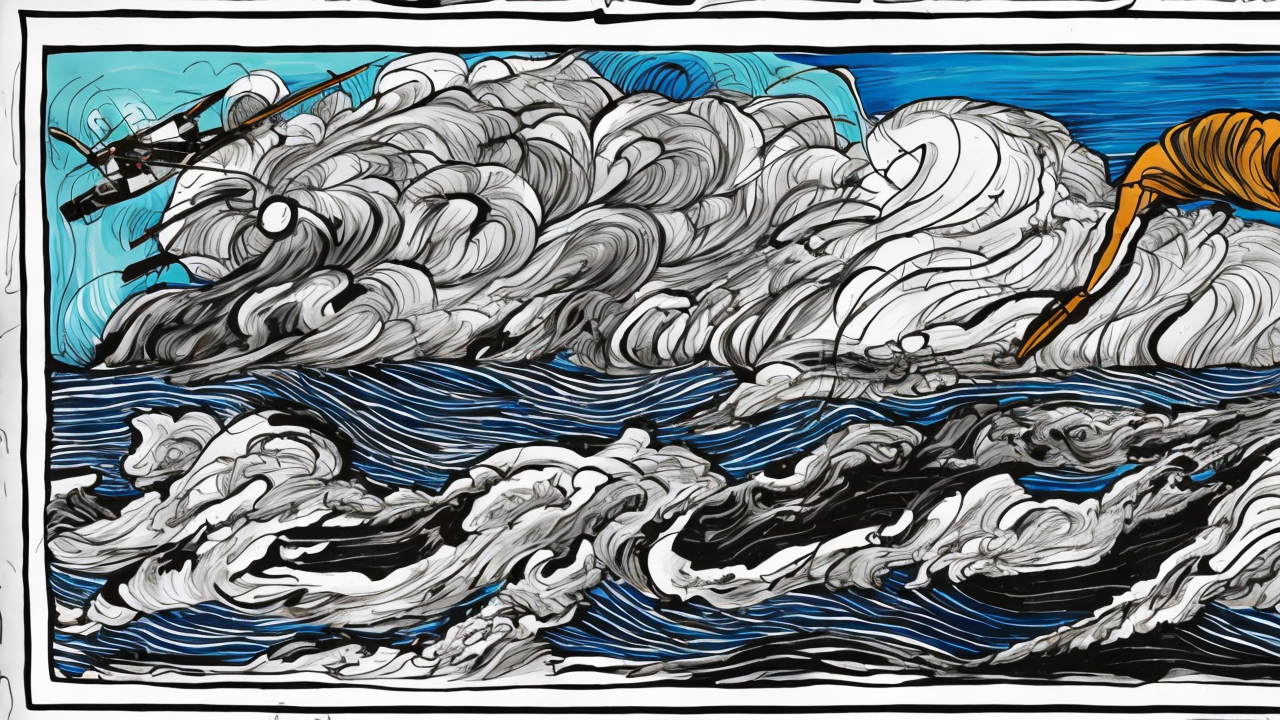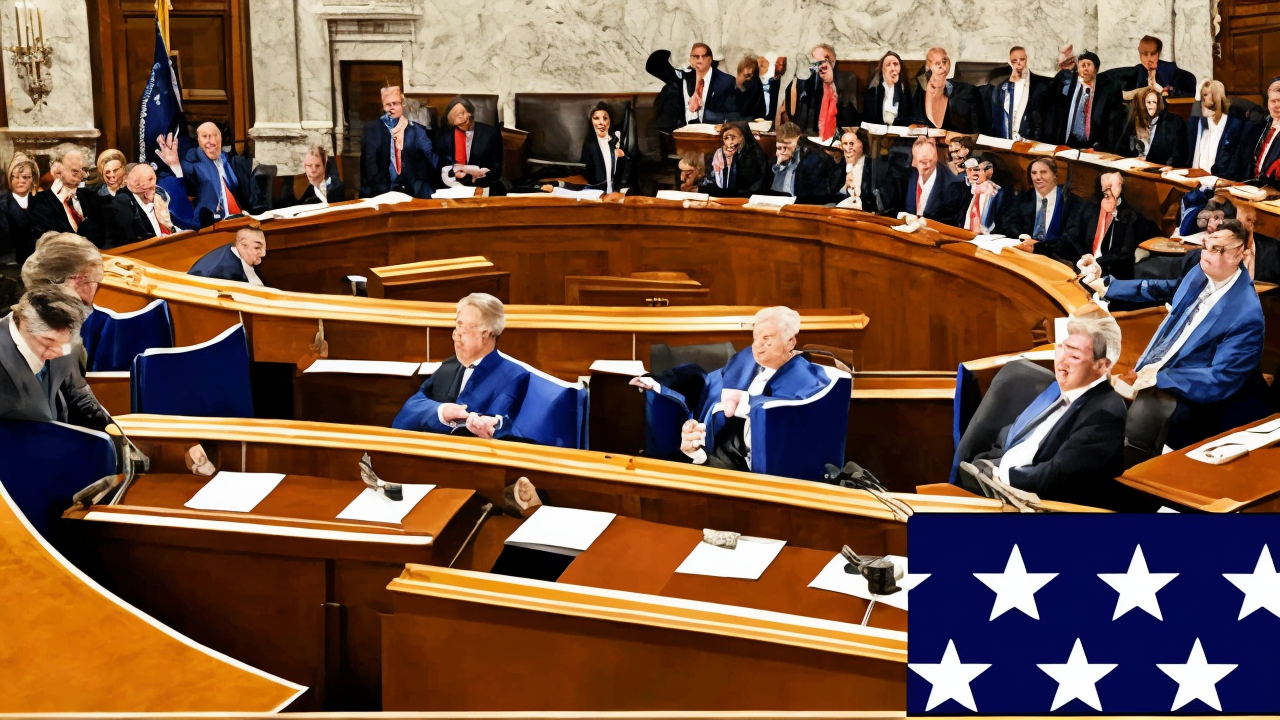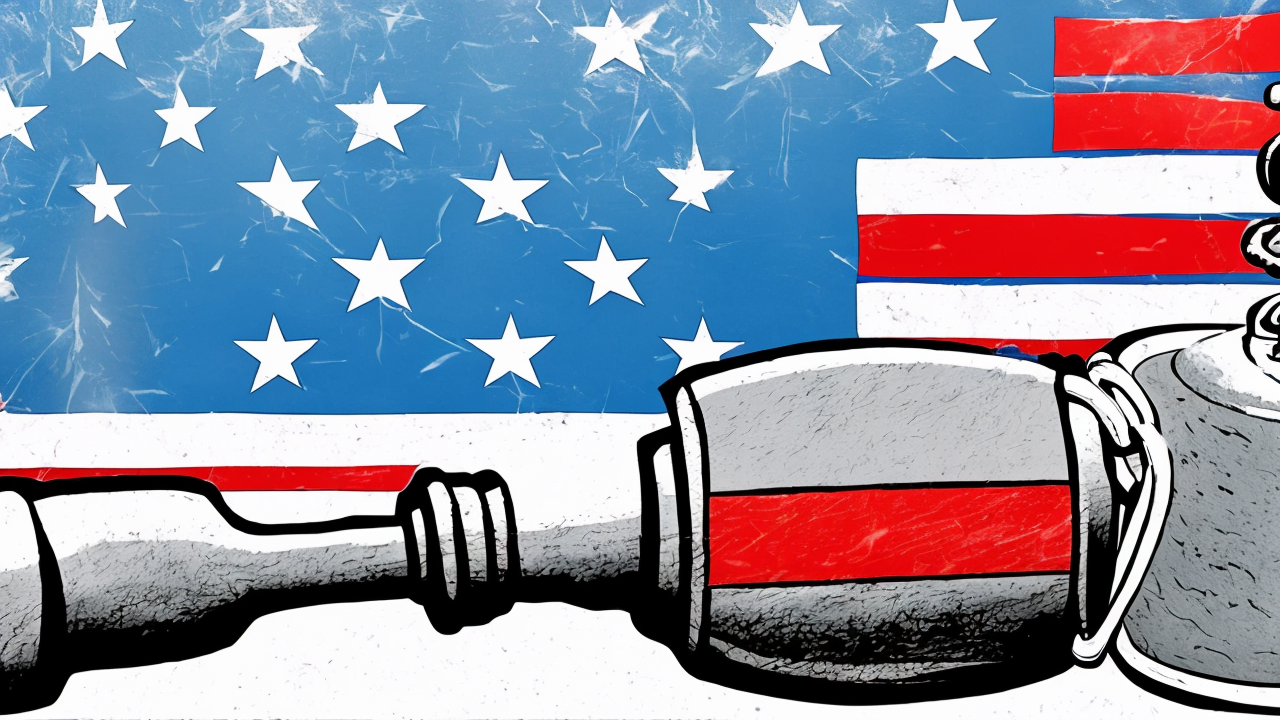Zohran Mamdani's Controversial Candidacy Raises Alarm on Islamic Supremacism in Politics
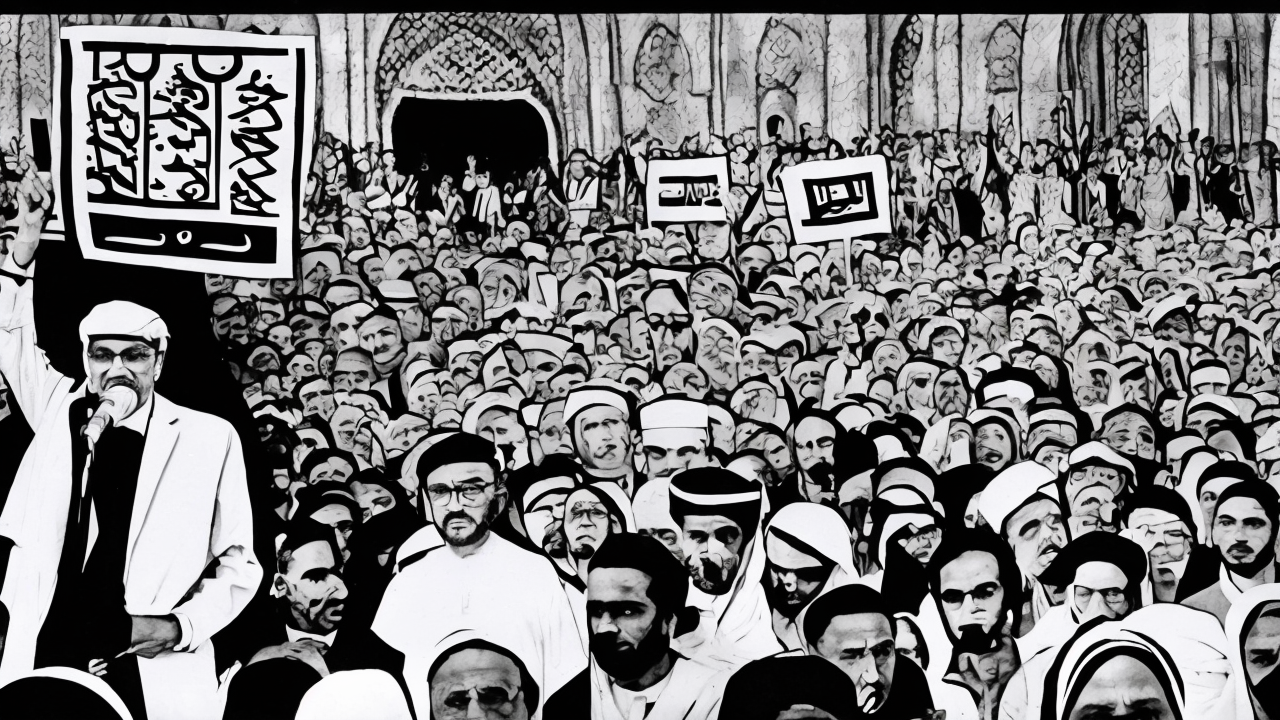
Zohran Mamdani’s campaign for public office has drawn widespread concern, not because of his platform or policy proposals, but due to his public associations and the implications those ties carry. His decision to campaign at the Al-Taqwa Mosque—a place long under scrutiny by law enforcement for ties to extremist networks—has raised valid questions about the values he represents. The mosque has been linked to individuals and groups with histories of violence and radical ideology, including Imam Siraj Wahhaj, an unindicted co-conspirator in the 1993 World Trade Center bombing.
Wahhaj has made repeated statements calling for Muslims in America to unite politically and use democratic institutions as tools to advance a vision of Islamic governance. He has predicted the collapse of American democracy and the eventual imposition of Sharia law across the nation. These are not abstract theological debates. They are clear calls for the political subjugation of one nation under a foreign legal and religious framework. When a religious leader publicly advocates for replacing the Constitution with a theocratic system, that is not religious expression—it is political extremism.
Mamdani’s refusal to disavow Wahhaj or challenge these dangerous statements is troubling. He has dismissed criticism as “Islamophobia,” which may shield him from accountability in some circles, but it does not erase the real-world consequences of endorsing such rhetoric. No one should be forced to defend the right to free speech for those who openly call for the destruction of the very institutions that protect that right. The principle of religious liberty does not extend to the promotion of violence or the overthrow of the state.
Democracy in the United States is not a neutral system. It is built on the rule of law, equal protection under the law, and the protection of individual rights—principles that are fundamentally incompatible with any ideology that seeks to replace them with a system based on religious hierarchy. When political figures align themselves with individuals who advocate for the replacement of constitutional government with a caliphate, they risk normalizing an agenda that undermines the foundation of American civic life.
This is not about attacking any faith. It is about protecting the integrity of our institutions. The Founding Fathers designed a system that separates religion from governance for a reason: to prevent any single belief system from dominating public life. When political candidates publicly associate with figures who reject that separation and openly call for the imposition of religious law, they are signaling a willingness to abandon the principles that have preserved our freedom.
The danger is not in the existence of religious communities in America—it is in the rise of political movements that seek to use democratic processes to dismantle democracy. This is not a new phenomenon, but it is one that demands vigilance. History has shown that when extremist ideologies gain footholds in government, the results are often suppression, division, and the erosion of rights.
We must ask not only who is running for office but what values they uphold and whose interests they serve. A candidate’s willingness to stand with individuals who call for the replacement of American law with a foreign legal code should be a red flag. It is not enough to claim a commitment to pluralism if one refuses to condemn those who seek to dismantle the system that makes pluralism possible.
The future of American democracy depends on the strength of its civic principles—freedom, justice, accountability, and the rule of law. These are not negotiable. They are not relative. They are the foundation of a society that protects the weak, upholds the common good, and ensures that no one group, no matter how well-intentioned, can claim absolute authority over the rest.
As citizens, we have a responsibility to uphold these values—not only in our votes but in our conversations. We must be willing to name extremism when we see it, even when it wears the mask of religious identity. True leadership means standing for what is right, not just what is popular. And that means refusing to allow the normalization of ideologies that seek to replace our Constitution with something fundamentally different.
Published: 10/22/2025

